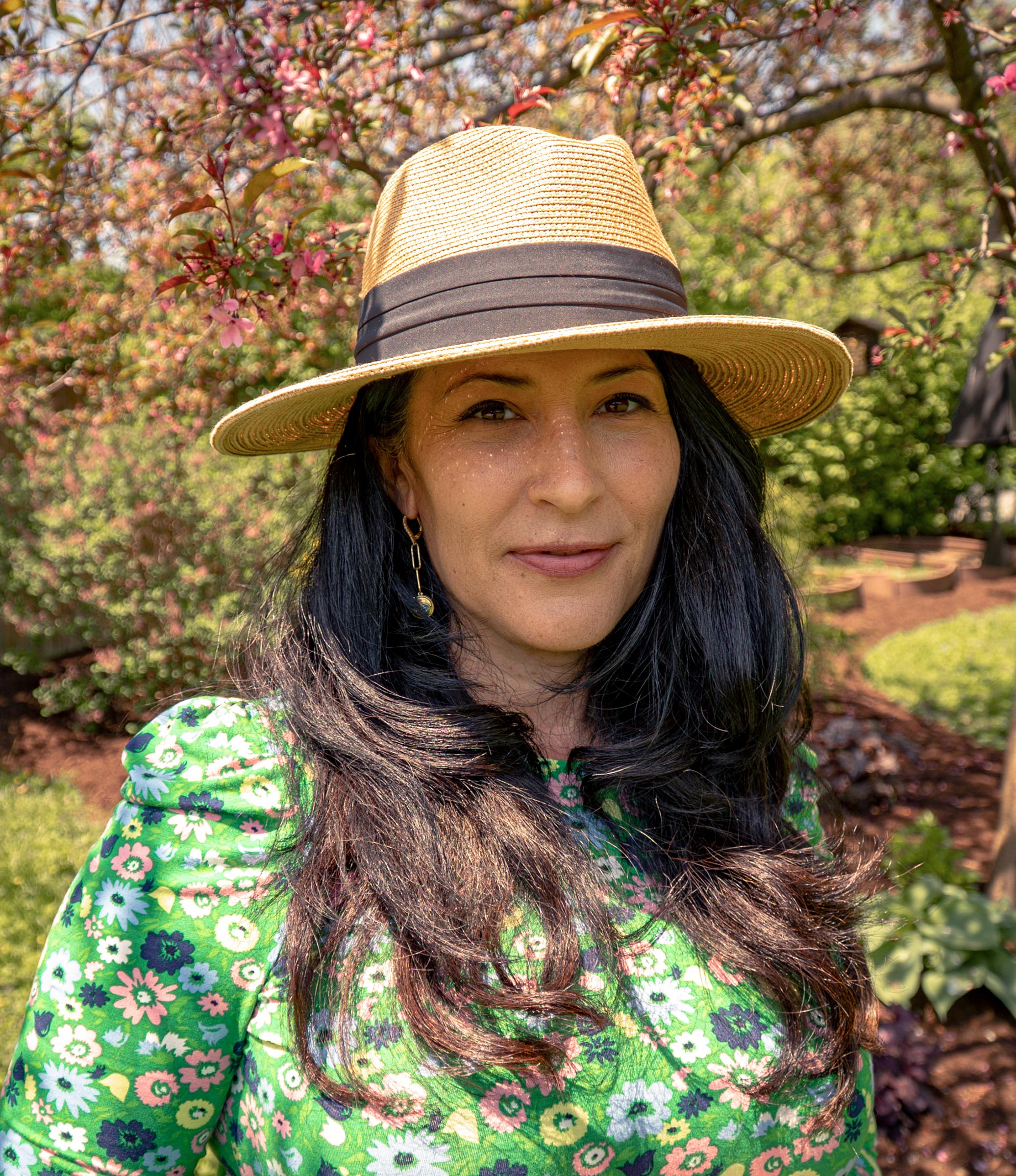
Ada Limón, the author of six books of poetry, started her term as the 24th Poet Laureate of the United States on September 29. As host of the podcast The Slowdown, she focuses on new ways to make poetry accessible. In the below conversation, she talks about drawing inspiration from nature; tears; and her hopes for the next generation of poets.
What’s the state of poetry in 2022?
It’s an incredible moment for contemporary poetry. If I open a [literary] magazine, I can read 20 poems from poets I’ve never heard of before. Twenty years ago, there was a smaller number of voices. Now it feels like America is really in the room.
What changed?
There has been a push over the last 10 years to make poetry accessible. It’s not always in the classroom. Sometimes it’s on the subway. Sometimes it’s on social media—Twitter, Instagram. That kind of access has ignited a passion, not only to read poetry, but to write it.
Read more: The First Native American U.S. Poet Laureate on How Poetry Can Counter Hate
How does it feel to become poet laureate during a wave of book-ban attempts?
It’s a very significant moment in history in which to celebrate poems from different types of people. I want to make sure that those voices are heard.
A lot of your poems are about nature. What’s your favorite nature spot in the U.S.?
I’m a big proponent of writing outside. Here, in Lexington, Ky., I write on my back porch. In California, there’s Moon Mountain. There’s a view of the Golden Gate Bridge. I used to go to the Sonoma coast as a child, and it’s a wonderful place to write. There’s a lot of creativity to be mined in the ocean landscape because it’s always moving, always churning. It tones out some of the chaos of the brain. You hear that rush and pull of the ocean, and you’re lulled into a new rhythm for poetry.
Do you see a role that poetry can play in the fight against climate change?
Poets—incredible nature poets like Mary Oliver, Gabriela Mistral, or Audre Lorde—look deeply at the world and make us feel like we are connected. Poetry that addresses the natural world helps us repair that connection. When you are paying attention to something, it’s a way of loving something. How can we continue to hurt something that we love?
How do you see poetry’s role in recording the pandemic?
When I read someone else’s poem, it feels like other people have experienced these emotions. I’m not the only human being to have gone through a hard time.
You finished your latest anthology, The Hurting Kind, during the COVID-19 pandemic. Did writing come easily or not?
I had this moment where I was like, “What good is another poem in the world? What we need is vaccines.” I felt like a hummingbird against a hurricane. Then I wrote “The End of Poetry,” and it reminded me that language can bring you back into the world. It may be all I can do, but it’s enough.
Several poems in The Hurting Kind are about bird-watching. Is bird-watching good practice for writing?
I’ve always loved birds. What bird-watching allows is to get out of yourself. The birds are not worried about news. They’re just breathing. They’re focusing on this moment. There’s a lesson to be learned from that.
How often do you write a week?
A little each day. I write in an unlined journal, in black ink and in cursive. I will write seeds of poems—ideas. It also includes my to-do list and my dream recordings.
In The Hurting Kind, you call yourself “a weeper from a long line of weepers.” What’s the last thing that made you cry?
I just cried this morning. A friend wrote, “Stay close”—that was how she ended her email. It made me tear up because I felt so grateful for friends and those moments where people have your back.
More Must-Reads from TIME
- Cybersecurity Experts Are Sounding the Alarm on DOGE
- Meet the 2025 Women of the Year
- The Harsh Truth About Disability Inclusion
- Why Do More Young Adults Have Cancer?
- Colman Domingo Leads With Radical Love
- How to Get Better at Doing Things Alone
- Michelle Zauner Stares Down the Darkness
Write to Olivia B. Waxman at olivia.waxman@time.com